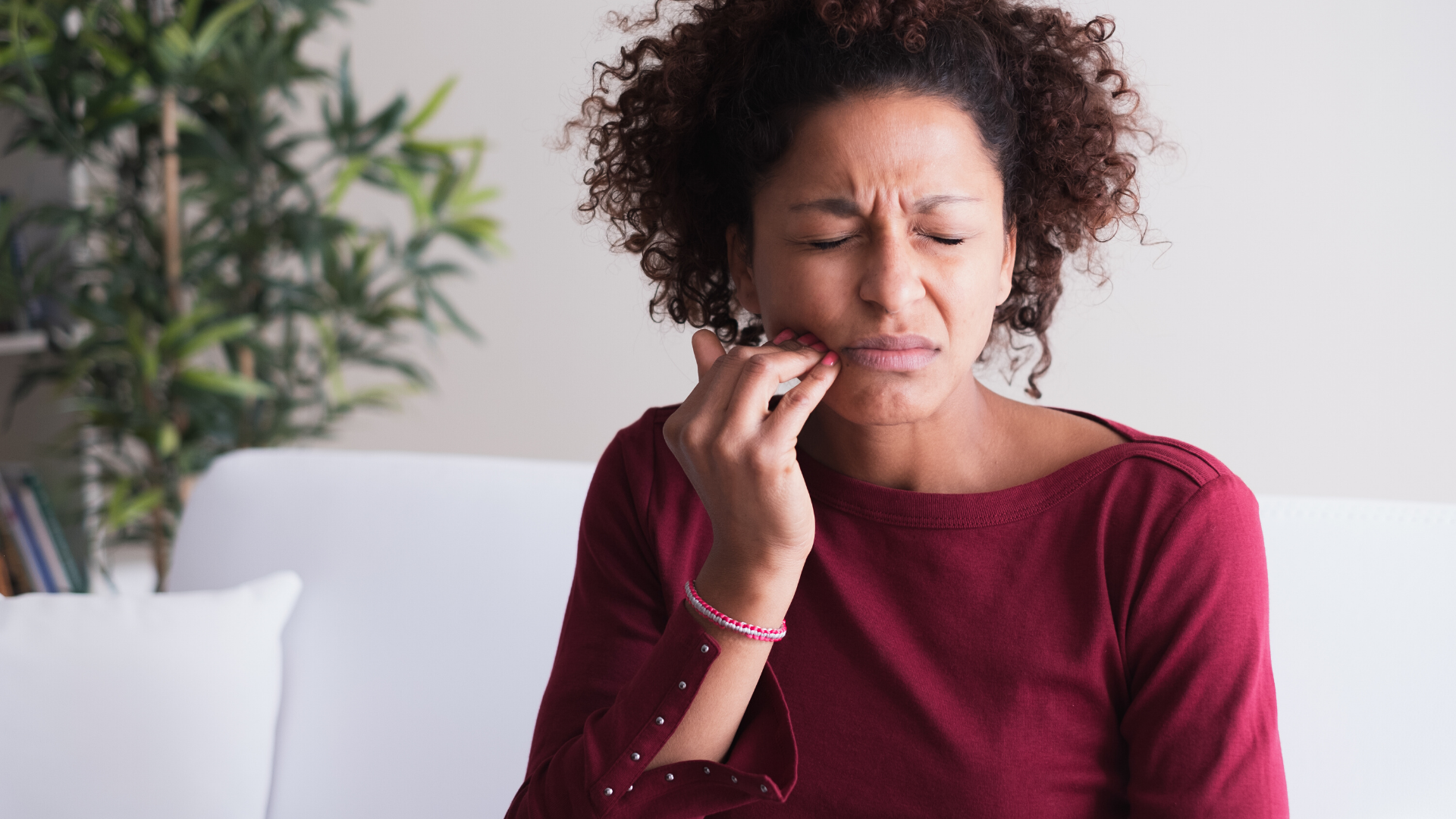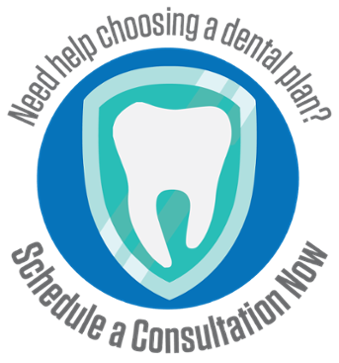By Astrid Graterol on Apr 22, 2020 @ 11:00 AM
COVID-19 continues to affect our lives and is keeping us in our homes. While there are a lot of things we can’t do while social distancing, we can still take care of our oral health because oral health is connected to overall health! Here are some home remedies for keeping your smile healthy and how to deal with dental emergencies at home.
How can you keep your teeth healthy during COVID-19?
Ideally, the best way to treat a dental emergency is to prevent one altogether! Here are some quick tips:
- Eat healthy. Many will turn to sugary foods for comfort, but those substances can have negative impacts on your teeth. Stock up on healthy food items to prevent plaque buildup and tooth staining.
- Maintain good oral health. While your daily schedules might be thrown off right now, it is best to maintain your best oral hygiene routine. This means you should be brushing and flossing your teeth at least twice a day. Good daily oral hygiene goes a long way in preventing long term issues.
- Drink more water! Drinking water is a safe and effective way to maintain a healthy smile! Fluoride is known to have great oral health benefits and reduce the risk of cavities.
- Practice Mindfulness. The pandemic has brought a lot of stress and it may cause teeth grinding or jaw clenching. This can lead to symptoms like headaches, earaches, and jaw pain. If you feel stressed, try practicing mindfulness by taking deep breaths or setting reminders to unclench your jaw.
What if you have a dental emergency?
We strongly recommend you follow American Dental Association (ADA) and Centers for Disease Control (CDC) guidelines before contacting your dentist. Your dentist can handle many situations over the phone, such as helping with a toothache or a filling that has become loose. If you are unsure about your situation, your dentist will be able to help. Dental clinics may be postponing non-emergency procedures, but your dentist can still make appropriate arrangements if you have a dental emergency.
What can you do for non-emergency dental issues?
If you have a dental issue that isn’t an emergency, you can treat certain problems at home until you are able to see your dentist. Here are some common issues and how to treat them:
- General Toothache. For general toothaches, common over-the-counter pain medicines, such as, acetaminophen can help or other NSAID pain relivers. Contact your dentist to get their recommendation on how to minimize the pain.
- Orthodontic Treatment. The brackets and wires of traditional braces may break for several reasons and may cause discomfort. If you can’t see your orthodontist for a quick fix, you can use dental wax to temporarily hold your appliance in place or prevent it from poking your mouth. If your orthodontist office is closed, you can purchase wax at your local pharmacy.
- Plaque buildup. To keep plaque from building up, make sure you’re flossing every day to remove germs and food particles from between teeth. Mouthwash can also be effective at reducing plaque build-up. Brush your teeth twice a day with a fluoride toothpaste, and don’t forget to brush your tongue.
- Gingivitis. Gingivitis is usually reversible with a good oral hygiene program. Using mouthwash in addition to proper brushing and flossing habits can also be efficient at reducing gingivitis. Follow-up with your dentist for more information about gingivitis when you’re able to resume regular check-up visits.
- Mouth irritation. Drinking acidic beverages such as soda, over-brushing your tongue, and overusing your mouthwash can irritate mouth tissues. If your mouth feels irritated, try switching to a milder diet or changing your oral hygiene routine. Talk to your dentist about your oral hygiene habits and how to minimize irritations in your mouth.
- Dry Mouth. Some medications, nutritional deficiencies, or natural hormonal changes can cause dry mouth. Drinking plenty of water can combat dryness and help keep your mouth healthy.
- Lost filling or crown. You can get over-the-counter temporary filling material from the dental aisle of your pharmacy. Many of these products are also available online and can be delivered to your home. Contact your dentist to see if they are offering to ship temporary filling material.
- Dentures/ Bridges. If you have an issue with your dentures or bridge, a denture repair kit might help you make it through to your next appointment. Search your local pharmacy for repair kits or denture reline kits. Follow-up with your dentist when you’re able to schedule your next appointment.
These home remedies can go a long way in helping you feel more comfortable until your next dental appointment. But if you still can’t get relief, call your dentist immediately. They can help advise you and even administer treatment over the phone. Does your insurance cover teledentistry? Solstice has the coverage you need - sign up for a free consultation below!





comments